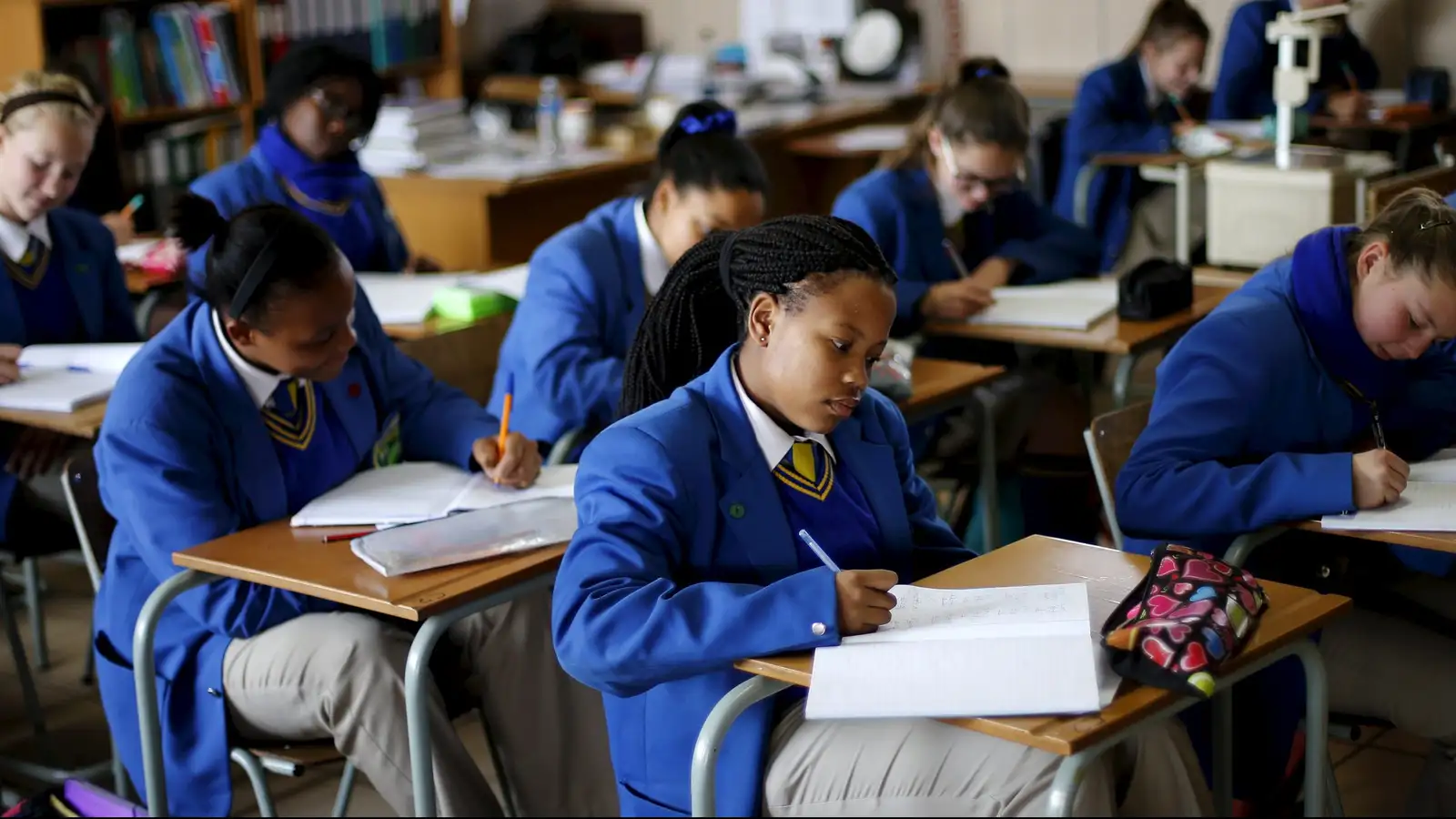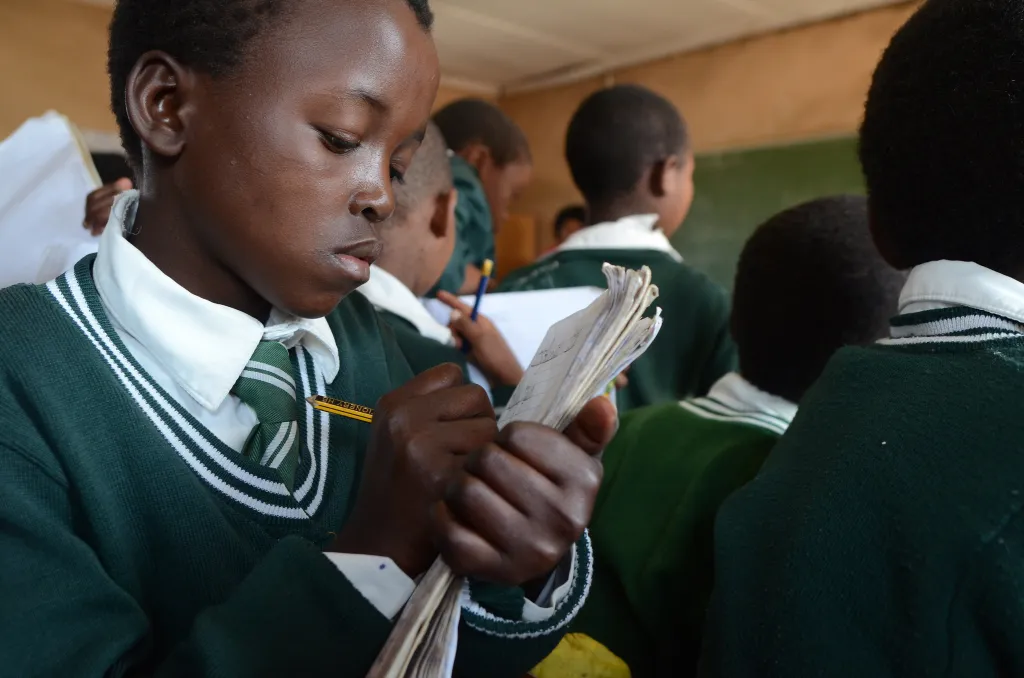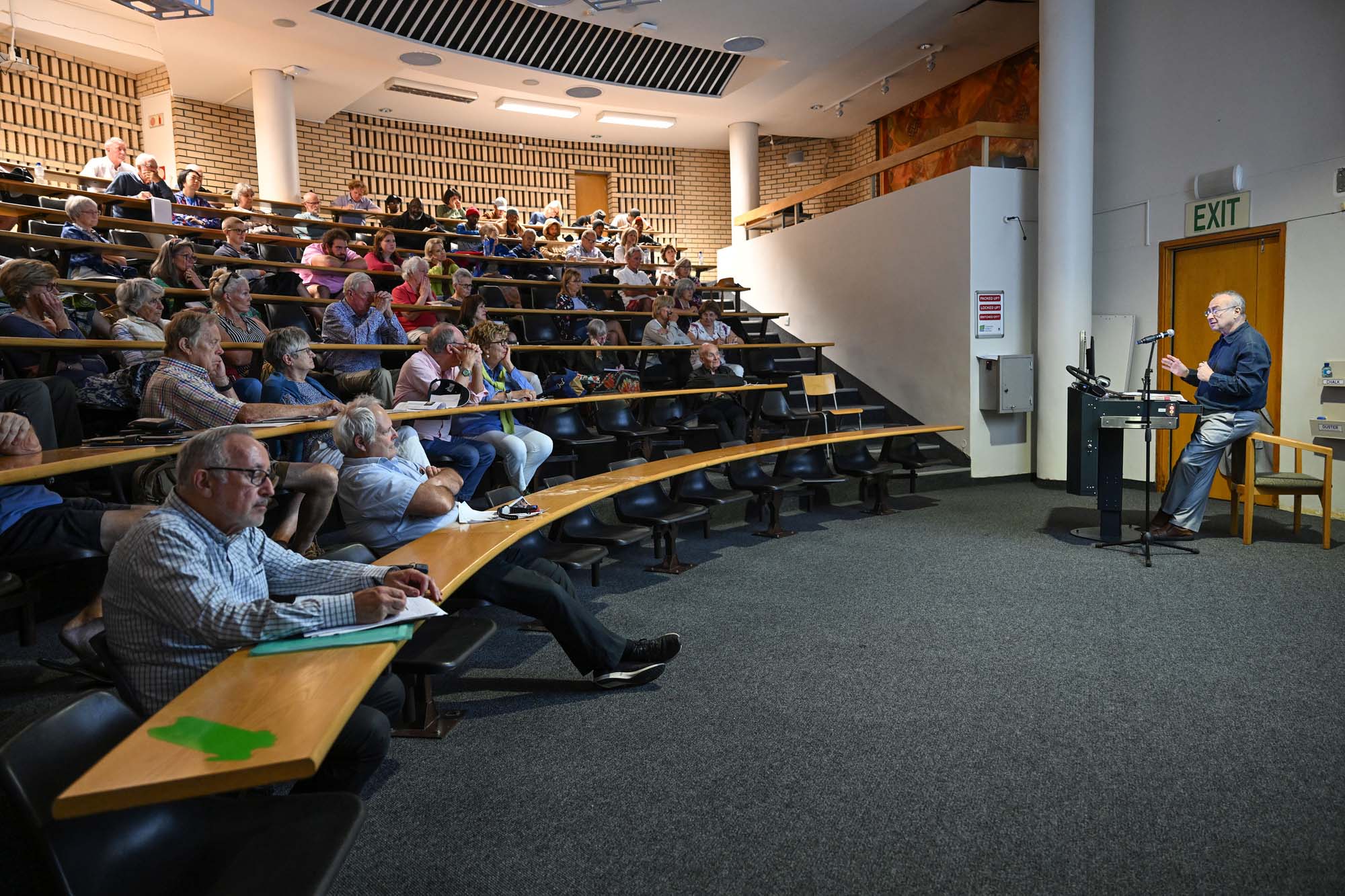
The Tanzanian government has taken a bold step to revolutionize the nation’s education system by introducing comprehensive policy reforms aimed at enhancing learning outcomes.
These changes are designed to address long-standing challenges in the sector and equip students with the skills needed to thrive in a rapidly changing world.
Key Objectives of the Education Policy Reforms
The new education policies focus on several key areas:
- Curriculum Overhaul
The government has introduced a modernized curriculum that emphasizes skill-based learning, critical thinking, and problem-solving. This approach aims to shift from rote memorization to practical, real-world applications of knowledge. - Teacher Training and Development
Recognizing the critical role of teachers, the reforms include enhanced training programs to improve teaching methodologies and classroom management. Regular workshops and certification programs will ensure educators remain updated with global teaching standards. - Increased Access to Education
The government has committed to expanding access to education by building more schools in rural areas, offering scholarships, and implementing free education policies for primary and secondary students. - Integration of Technology in Learning
Digital tools and e-learning platforms are being introduced to bridge the digital divide. Schools will receive computers, internet connectivity, and training to integrate technology into the classroom. - Focus on Special Needs Education
The policies prioritize inclusivity by improving facilities and resources for students with special needs, ensuring no child is left behind.
Impact on Learning Outcomes
The revamped policies are expected to yield significant improvements in the education sector.
- Higher Literacy Rates: By focusing on foundational skills, the reforms aim to boost literacy and numeracy rates across the country.
- Better Examination Performance: The emphasis on critical thinking and problem-solving will prepare students for better performance in national and international exams.
- Skilled Workforce: Graduates will possess the skills required to meet the demands of the modern workforce, driving economic growth.
- Reduced Dropout Rates: Increased access to education and support for special needs students will ensure more children complete their studies.
Challenges and the Way Forward
While the reforms are ambitious, their success hinges on effective implementation. Challenges such as limited funding, teacher shortages, and infrastructure gaps must be addressed to realize the full potential of these policies.
The government has called for collaboration with stakeholders, including non-governmental organizations, private sector partners, and international donors, to support these initiatives.
Conclusion
Tanzania’s education policy reforms mark a transformative era for the nation’s education sector. By addressing critical issues and focusing on skill-based learning, the government is paving the way for a brighter future for Tanzanian students.
These reforms not only promise improved learning outcomes but also lay the foundation for a skilled and empowered workforce, crucial for national development.
The commitment to education underscores the government’s vision of building a prosperous and inclusive society. As these policies take effect, Tanzania is poised to emerge as a leader in education innovation in Africa.
Related articles
- Discover Tanzania University Semester Two Exam Timetable Today
- 10 Proven Strategies to Ace Your Semester One Exams in Tanzania
- The Ultimate Guide to Scoring High in Semester One Exams at Tanzanian Universities
- Semester One Exam Schedule for Tanzanian Universities: Key Dates and Updates
- UDSM Announces Research Scholarships for Climate-Smart Agriculture
- Ministry of Education Denies Changes to Kenya’s University Entry Requirements
- Prof. Carolyne Nombo Opens Key Stakeholders Meeting on Teacher Education
- UDSM-Sida Re-advertises PhD Sponsorship in Marine Sciences
- How Companies in Tanzania Empower Education Through Scholarship Sponsorships


